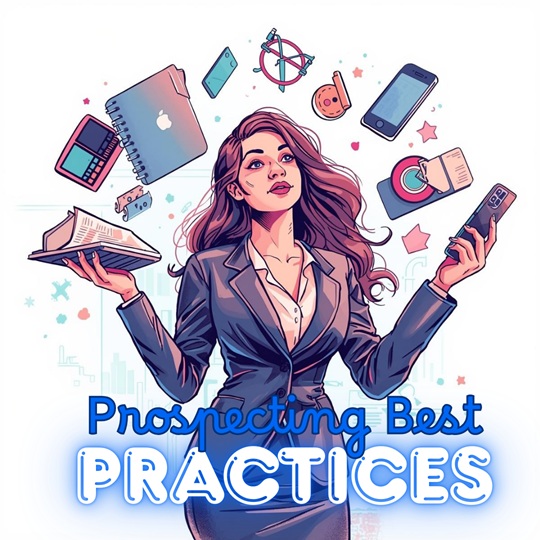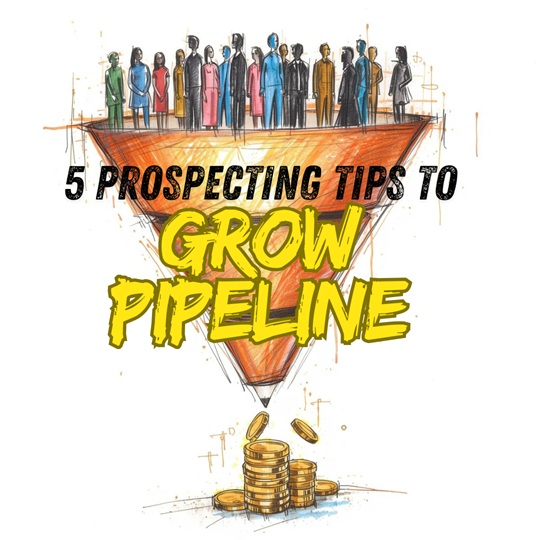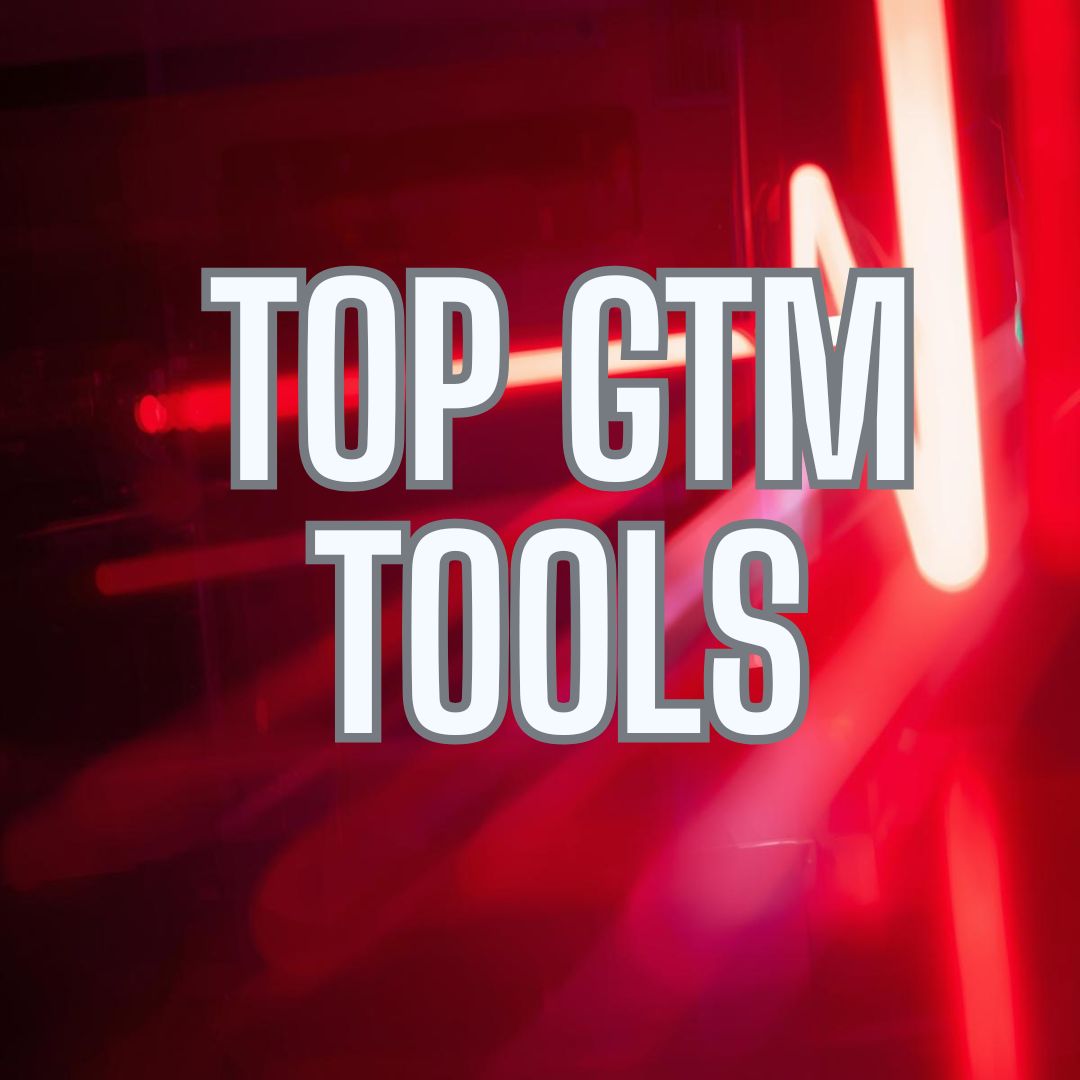Logistics is a fast pace industry. Goods need to be delivered on time.
There is a ton of business to go around so if you are struggling to find and sell goods or services to logistic companies then this sales guide is for you.
At Seamless.AI, we make it possible for sales reps to find the right contact data and provide outreach tools to help reach and engage with prospects.
Following this sales guide will not only make your prospecting for logistics companies more effective but also boost your confidence and efficiency.
You'll learn to identify, engage, and convert prospects into loyal clients, driving success for both you and our company. Your path to becoming a top-notch sales professional starts now!
Why Use Logistics Sales Training
Our informative Logistics Sales Prospecting Training Guide is designed to provide new sales reps with the knowledge, tools, and strategies needed to excel in the competitive logistics market. Offering personalized outreach techniques, practical resources, and a holistic approach to the prospecting cycle, this guide sets the foundation for building genuine client relationships and achieving remarkable sales success.
Read on to transform your sales career with confidence and precision.
Logistics Industry Sales Training Guide
This training guide will serve as a roadmap to help you effectively prospect and identify logistics companies.
Section 1: Understanding the Product and Market
1.1 Know Your Solutions
Learn: Features, benefits, and case studies.
Custom IT Solutions: What do you offer and how it's tailored.
Explore: Efficiency and operational benefits.
1.2 Industry Overview
Trends in the Logistics Industry: Stay updated with the latest.
Common Challenges: Understand the pain points of your ideal logistics companies.
Competitive Landscape: Know your competitors and what differentiates us.
Section 2: Research and Identify Target Companies
2.1 Ideal Client Profile
Company Size: Small, medium, and large logistics companies.
Revenue Thresholds: Companies that can realistically afford our solutions.
Geographical Regions: Focus areas based on market analysis.
Operational Challenges: Companies struggling with issues our software can solve.
2.2 Leverage Tools and Platforms
LinkedIn: Use for advanced search and connections within the logistics industry.
Industry Databases: Tools like Seamless.AI, ZoomInfo, and industry-specific directories.
Social Media Monitoring: Track industry-specific hashtags and trends on Twitter and other platforms.
Google Alerts: Set alerts for news about prospective companies and industry updates.
Section 3: Initial Contact – The Art of Reaching Out
3.1 Crafting Your Outreach Message
Personalization: Tailor each message to address specific problems and opportunities.
Value Proposition: Clearly articulate what we offer and the benefits.
Call-to-Action: Encourage the next step, whether it's a call, meeting, or demo.
3.2 Email Outreach
Subject Lines: Make the email messages catchy but relevant.
Email Body: Keep it concise, focused, and engaging.
Follow-Up Strategy: How to structure follow-up emails to maintain interest.
3.3 Cold Calling Techniques
Preparation: Research before making the call.
Call Script: Structure but flexible to allow genuine conversation.
Handling Objections: Common objections and effective responses.
Voicemails: Leave compelling, succinct messages if necessary.
3.4 Social Selling
LinkedIn Engagement: Share insightful content, join groups, and interact with posts.
Twitter Relationships: Use targeted tweets and direct messages to initiate conversations.
Building Networks: Connect with industry professionals and nurture those relationships.
Section 4: Qualifying Prospects
4.1 The BANT Framework
Budget: Do they have the financial means to invest?
Authority: Are you speaking with a decision-maker?
Need: Does the company have a clear need for our solutions?
Timeline: What is their timeline for implementation?
4.2 Asking the Right Questions
Operational Challenges: What are their current pain points?
Current Systems: What software and processes are they currently using?
Priorities and Goals: What are their top priorities in the near term?
Section 5: Building and Maintaining Relationships
5.1 Consistent Communication
Regular Follow-Ups: Keep prospects warm with timely follow-ups.
Content Sharing: Share relevant articles, whitepapers, or case studies.
5.2 Trust Building
Transparency: Be honest about what we can and cannot do.
Reliability: Follow through on promises and maintain consistent communication.
Personal Touch: Remember important dates and details about your contacts.
Section 6: Metrics and Accountability
6.1 Setting Goals
Daily and Weekly Targets: Calls, emails, and meetings.
Monthly and Quarterly Goals: Qualified leads and sales metrics.
6.2 Monitoring Progress
CRM Utilization: Ensure all activities and engagements are logged in our CRM system.
Performance Reports: Regular reviews of your performance and areas for improvement.
6.3 Continuous Learning
Training Sessions: Regularly scheduled sessions to enhance skills.
Industry Updates: Stay updated with ongoing training and industry news.
Section 7: Sales Tools and Resources
7.1 CRM Systems
Using Our CRM: Logging activity, managing contacts, and tracking progress.
7.2 Sales Enablement Platforms
Content Libraries: Access to decks, whitepapers, and case studies.
Product Demos: How to effectively present solutions.
7.3 Learning Management Systems
Access Training Modules: Continuous learning and upskilling resources.
Webinars and Workshops: Participate in regular learning events.
Challenges for Prospecting Logistics Companies
One of the biggest challenge faced when prospecting logistics industry companies is cutting through the noise and getting the attention of key decision-makers. Let's be honest, logistics companies are inundated with pitches and offers every single day. Getting someone to not only listen but truly engage with what we have to offer can be a tough nut to crack.
Another challenge is timing. The logistics industry is dynamic, with companies often caught up in the daily grind and immediate challenges. Finding the right moment when a potential client is both available and receptive can be tricky. It requires persistence, but without being pushy – there's a fine line there.

3 Sales Tips to Overcome Challenges
Overcoming these challenges requires a blend of strategy, creativity, and persistence. Here are three suggestions based on responses:
1. Personalization is Key
When reaching out to prospects, it's crucial to tailor your message to their specific needs and challenges. Generic pitches rarely work. Take the time to research each company, understand their pain points, and show how your solution can address those. A personalized approach demonstrates that you're genuinely interested in their success, which can grab their attention.
2. Utilize Social Selling
Platforms like LinkedIn are powerful tools for prospecting. Sharing insightful content, engaging in industry-specific discussions, and subtly promoting your solutions can build your reputation as a thought leader in the field. This not only helps with initial outreach but also keeps you on the radar of potential clients.
3. Strategic Timing and Follow-ups
Timing your communication is essential. Avoid reaching out during peak operational hours or critical deadlines. Instead, try to catch them in the middle of the week or during slower periods. And remember, persistence is crucial – a well-timed follow-up can make all the difference.
Perspective
Prospecting is the lifeblood of our sales process and critical to our success. This guide is here to provide you with the tools, strategies, and knowledge needed to excel.
Remember, patience and persistence are your best allies. Let's get out there and start building those relationships!
Related: 2025 Guide to B2B Marketing


















